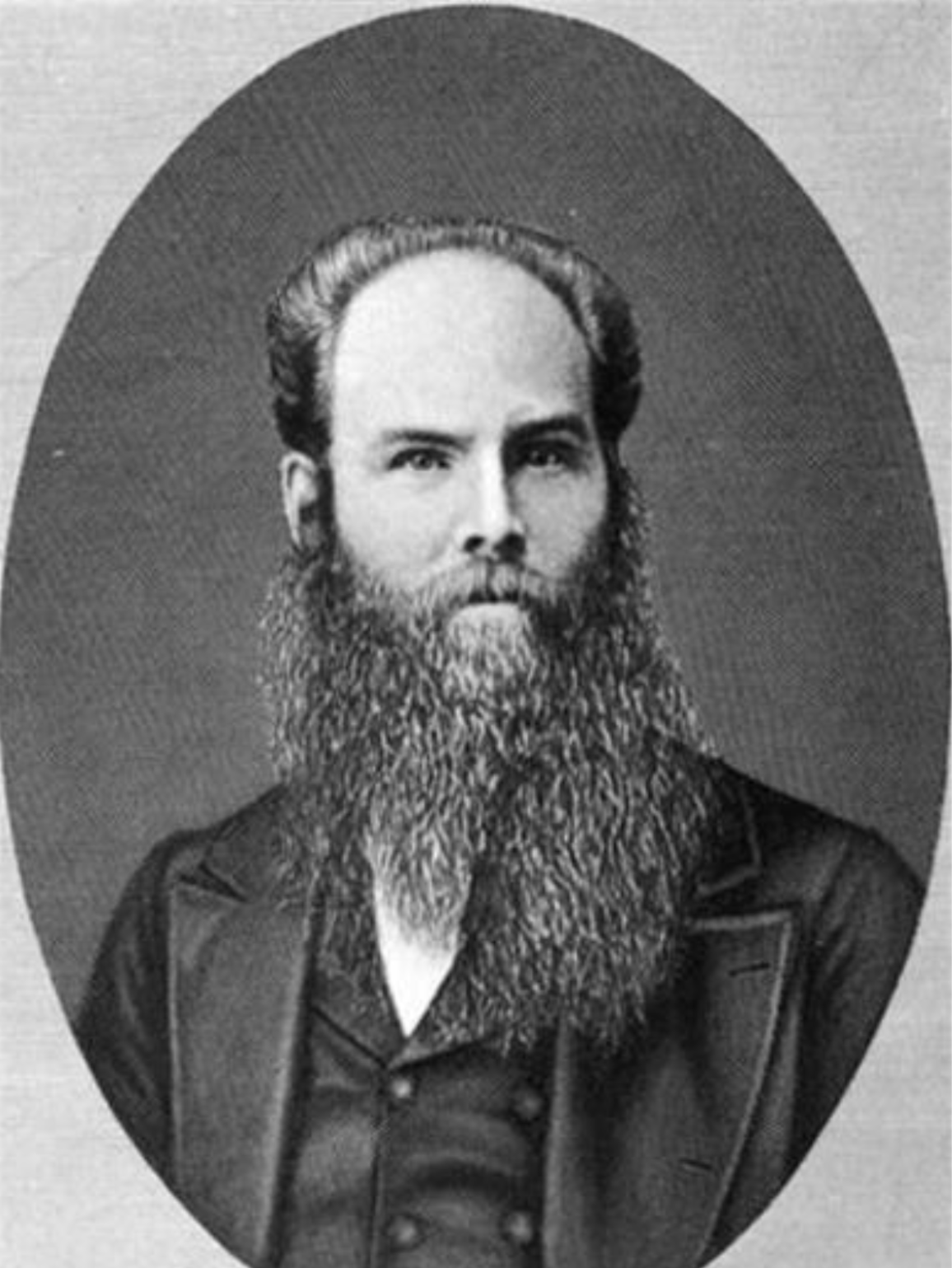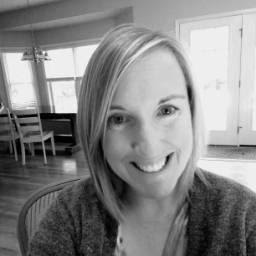Lot Smith
by Erin Hills
A lawyer asked Jesus, “Master, which is the great commandment in the law?” Jesus responded, “Thou shalt love the Lord thy God with all thy heart, and with all thy soul, and with all thy mind. This is the first and great commandment. And the second is like unto it, Thou shalt love thy neighbor as thyself. On these two commandments hang all the law and the prophets.”1
Because all of us are imperfect, these commandments can be one of the greatest challenges we face in life.
In 1887, Wilford was informed that a man named Lot Smith had been treated unfairly during the settlement of a community in Arizona that practiced living the United Order.2 Lot Smith was not a perfect man. In multiple letters written to address the matter, Wilford revealed that Lot was “abusive at times to his wives, children and friends.”3 That his “course with men [was] not calculated to gain friendship.”4 And that “he has some imperfections, and some he ought to get rid of.”5
 Lot Smith
Lot Smith
What would our response be to a man that fits this description? It seems that Lot Smith was a difficult man to serve with, and that is probably why the committee, which was organized to make the settlement, treated him unfairly. It is hard to show love to someone who makes life hard for others.
But Wilford’s response was full of love, revealing the way we need to treat one another.
We need to sustain one another in our callings.
Wilford stated that Lot Smith had been sent to Arizona by President Brigham Young “to establish and carry out the United Order.”6 He said Lot did the best he could, and this was reason enough to sustain him. Wilford wrote, “I was with him two years and I am satisfied he did more work than any two men in the order.”7
Sometimes befriending someone is just the right thing to do.
He wrote that Lot seemed to have but few friends and “there [was] great prejudice against him from persons in high places.” Rather than join in the prejudice, Wilford said he “befriended [Lot] from principle.”8 He also said “that a man, that has gone through what he has from his youth up for the Church and Kingdom of God, ought not to be crushed unjustly.”9
We should remember that we are all imperfect.
Wilford acknowledged that Lot needed to get rid of some imperfections. But then he said, “as well as the rest of us.”10 None of us are perfect. The commandment, “Be ye therefore perfect, even as your Father which is in heaven is perfect,” is a commandment of refinement.11 Daily repentance is daily change. We need to be patient with our neighbors as they work on their imperfections. We may need to be patient for a long time! It might take someone a while to even see that they need to change. Meanwhile, the commandment remains unchanged. Love your neighbor as yourself.

Erin B. Hills is a Senior Research Assistant with the Wilford Woodruff Papers Project and a graduate of Brigham Young University–Idaho. Erin loves learning about the life of Wilford Woodruff and happily shares all her favorite stories with her family and friends. She lives with her husband and five children in Virginia.
-
Matthew 22:36–40.
-
Letter to David K. Udall, September 17, 1887, p. 1, The Wilford Woodruff Papers, wilfordwoodruffpapers.org/letter/1887-09-17.
-
Letter to John Bushman, November 25, 1887, p. 1, The Wilford Woodruff Papers, wilfordwoodruffpapers.org/letter/1887-11-25.
-
Letter to John Bushman, November 25, 1887, p. 2.
-
Letter to Bushman, September 17, 1887, p. 3, The Wilford Woodruff Papers, wilfordwoodruffpapers.org/letter/1887-09-17.
-
Letter to John Bushman, November 25, 1887, p. 2.
-
Letter to Bushman, September 17, 1887, p. 2.
-
Letter to John Bushman, November 25, 1887, p. 1.
-
Letter to Bushman, September 17, 1887, p. 2.
-
Letter to Bushman, September 17, 1887, p. 3.
-
Matthew 5:48.